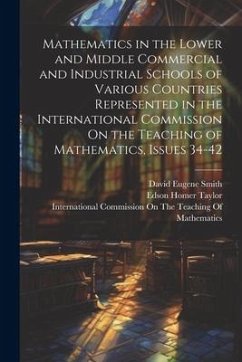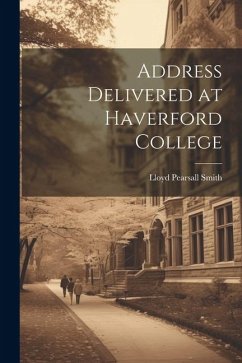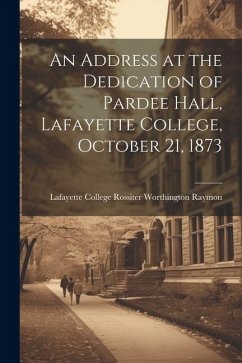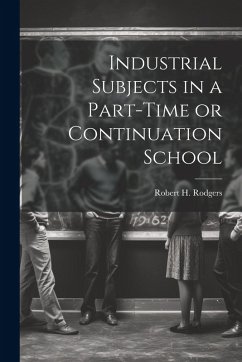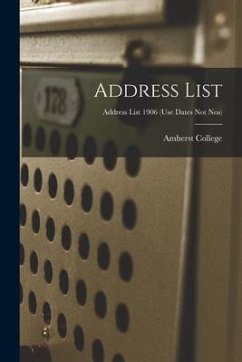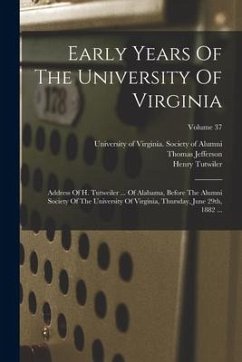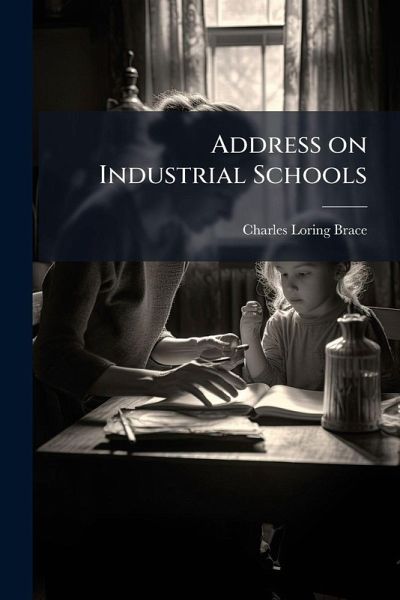
Address on Industrial Schools
Versandkostenfrei!
Versandfertig in über 4 Wochen
14,99 €
inkl. MwSt.
Weitere Ausgaben:

PAYBACK Punkte
7 °P sammeln!
"Address on Industrial Schools" by Charles Loring Brace offers a compelling look into the 19th-century movement to address poverty and vagrancy through education and reform. Brace, a prominent social reformer, passionately advocates for the establishment and improvement of industrial schools as a means to provide practical training and moral guidance to underprivileged children. This address sheds light on the prevailing social issues of the time and the innovative approaches being developed to combat them. Brace's insights into the challenges faced by impoverished youth and the potential of s...
"Address on Industrial Schools" by Charles Loring Brace offers a compelling look into the 19th-century movement to address poverty and vagrancy through education and reform. Brace, a prominent social reformer, passionately advocates for the establishment and improvement of industrial schools as a means to provide practical training and moral guidance to underprivileged children. This address sheds light on the prevailing social issues of the time and the innovative approaches being developed to combat them. Brace's insights into the challenges faced by impoverished youth and the potential of structured education to transform lives remain relevant in discussions about social welfare and educational reform. This historical document provides valuable context for understanding the evolution of social policies and the enduring quest for effective solutions to societal inequalities. This work has been selected by scholars as being culturally important, and is part of the knowledge base of civilization as we know it. This work was reproduced from the original artifact, and remains as true to the original work as possible. Therefore, you will see the original copyright references, library stamps (as most of these works have been housed in our most important libraries around the world), and other notations in the work. This work is in the public domain in the United States of America, and possibly other nations. Within the United States, you may freely copy and distribute this work, as no entity (individual or corporate) has a copyright on the body of the work. As a reproduction of a historical artifact, this work may contain missing or blurred pages, poor pictures, errant marks, etc. Scholars believe, and we concur, that this work is important enough to be preserved, reproduced, and made generally available to the public. We appreciate your support of the preservation process, and thank you for being an important part of keeping this knowledge alive and relevant.





